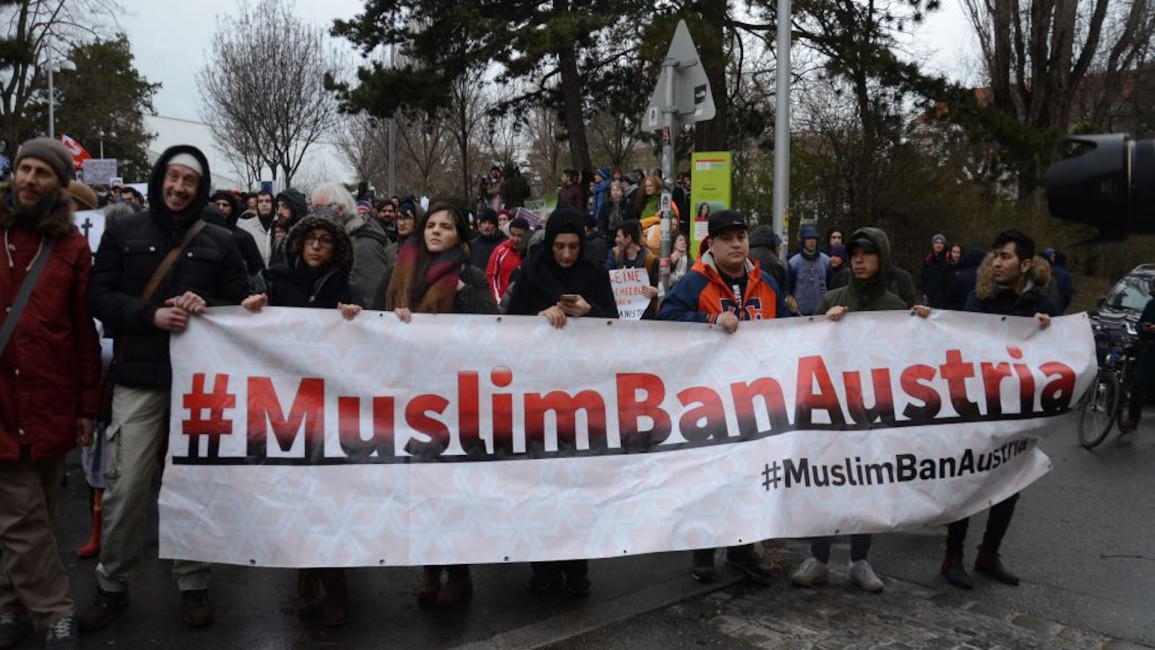Austria probe of “political Islam” groups raises surveillance concerns among Muslims
Austria’s government announced it would establish an initiative to register and “document” institutions related to “political Islam”, the government’s Minister of Integration Susanne Raab said on Wednesday.
The minister representing Austria’s right-wing People’s Party in a coalition with the Green Party, said the initiative aims to tackle “the fight against the dangerous ideology of political Islam" and to “contain extremism and foreign influences”.
“Political Islam endangers cohabitation, integration, our values, our rule of law and our basic democratic order,” the minister tweeted.
The programme will receive half a million euros in funding from the budget of the Integration Ministry and will audit groups via the Documentation Centre for Political Islam.
Data will be collected from this audit, along with social media monitoring to flag instances of “political extremism”.
The leader of the People’s Party, Sebastian Kurz, ran his campaign on promises to slash migrant benefits and shut all Islamic kindergartens, which he says creates "parallel societies".
His party was instrumental in prohibiting foreign funding of mosques and pushing through a ban on the Muslim full face veil, saying that "Islam has no place in Austria."
Tarafa Baghajati, chairman of Initiative of Muslim Austrians, criticised the term "political Islam" as vague and arbitrary, and fears the initative will install a "surveillance body" for any political expression or participation on the part of Muslims, he said to the Austrian news outlet ORF.
Twitter Post
|
The Islamic Community of Faith in Austria (IGGÖ) also called for its inclusion in the development of Raab’s proposal.
"Nobody has comparable access to all clubs and nobody can communicate with those who are affected in a similarly efficient manner," said the head of the IGGÖ contact point for extremism prevention and deradicalisation, Nadim Mazarweh, warning the outcome could be a "general suspicion against all Muslims".
Farid Hafez, researcher at Georgetown University and co-editor of Islamophobia in Austria, says that the People’s Party has repeatedly used “discriminatory” laws against Muslims.
“The idea of what poses a threat to national security has been broadened in an ambiguous way, which will allow the state to legitimise far-reaching intervention in the field of security,” Hafez wrote for the Islamophobia Research & Documentation project at the University of California Berkeley.
“Muslims are not regarded through the lens of human rights and freedom of religion as people to be protected and people who are particularly affected by racism, but instead are explicitly cast in the role of a potential threat that must be contained with the help of discriminatory, repressive measures, including some that fall under security policy.”
Raab said the initiative was not targeted at all forms of Islam but only at "extremist ideology of political Islam".
Follow us on Twitter and Instagram to stay connected



